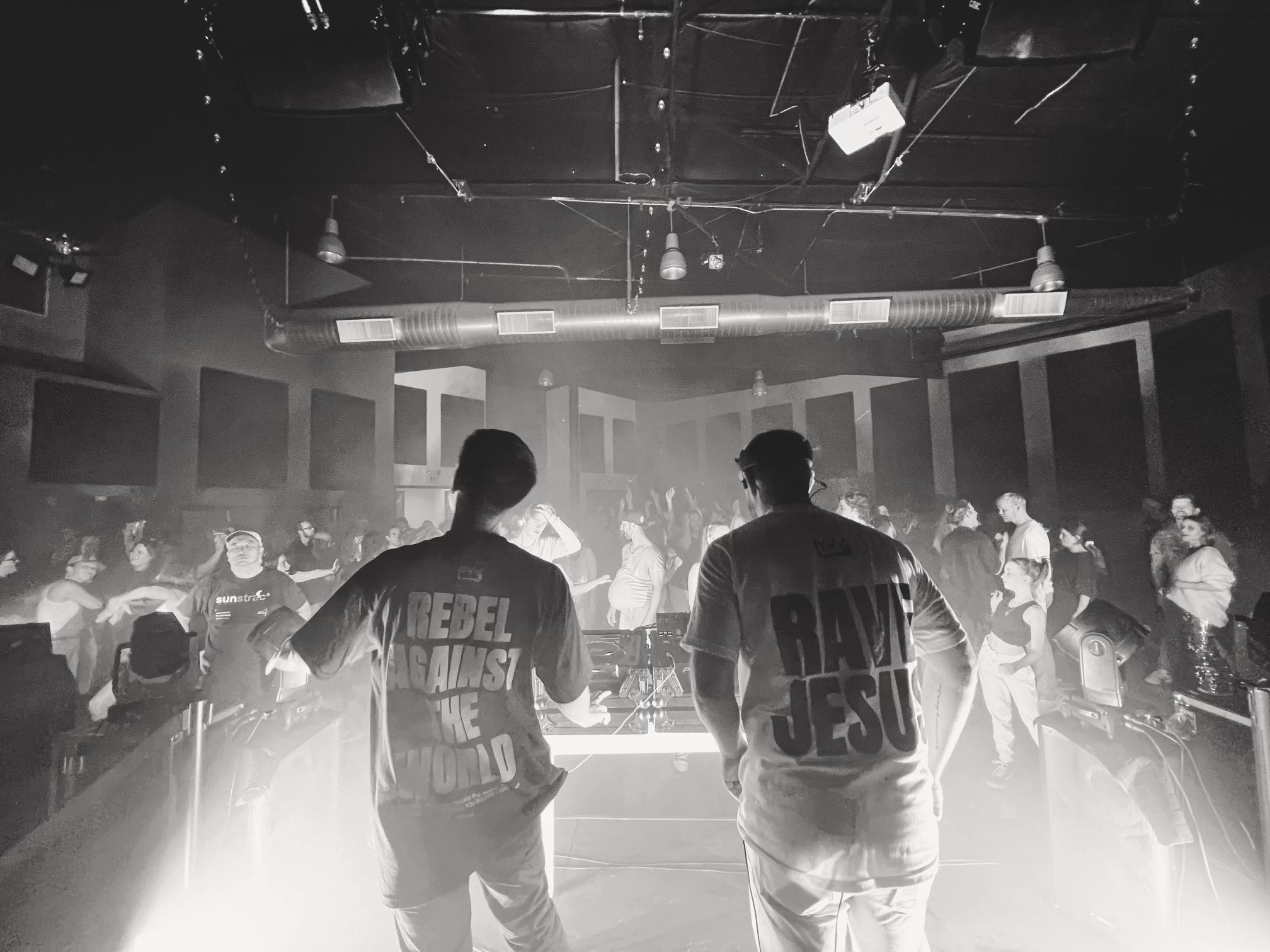WARNING: The following contains spoilers for Platinum End Episode 23, "At the End of Thought," now streaming on Crunchyroll and Funimation.
The divine battle royale to decide the next God came to a close in Episode 23 of Platinum End as the cynical Professor Yoneda abandoned his plan to commit deicide against the supposedly parasitic God-creature. Protagonist Kakehashi Mirai's shonen values won the day as hope and compassion triumphed over despair and destruction -- but there was one last step to take.
With Yoneda's plan in ruins, the five remaining candidates resume the discussion on who should become the next God, and the troubled but oddly hopeful Nakaumi Shuji wins the election when he volunteers. He ascends to Godhood at last and sheds his humanity, which may remind sci-fi fans of director Stanley Kubrick's 2001: A Space Odyssey on a few levels. Consulting with higher powers is never simple.
In Platinum End Episode 23, Shuji steps forth to become the next God as all present angels envelop him in their wings in midair to begin the transformation. He already has no concept of his past humanity, literally speaking down to the surviving God candidates and police officers as an ascended being who addresses them as "you God candidates." After modifying people's memories as requested, Shuji finishes his journey into the star-studded heavens to complete his transformation. A great divide now exists between him and the others, and he may never communicate directly with them again. This is where Platinum End overlaps with the famed 1968 feature 2001: A Space Odyssey.
By winning the divine battle royale and ascending from humanity to gain a higher plane of understanding, the humble Shuji becomes the David Bowman of the modern generation of anime. All along, the mysterious God was akin to the iconic Monolith's alien creators from 2001, all-knowing but distant beings who transcend time and space, far beyond human understanding.
Despite being an ordinary astronaut, David came into contact with the aliens and became touched by them as the "star child." He shed his humanity in the process to become something far greater, an ethereal being that can travel the cosmos as a near-divine fetus with its eyes wide open. There was no going back, and Platinum End's Shuji has a similar experience with the mysterious God in Episode 23. Sacrificing his humanity in the process, he can only pray that he gains something in return.
Platinum End and 2001: A Space Odyssey both explore what happens when the ignorant but hopeful human race comes into contact with powers far beyond its imagination, where advanced technology and the divine seem to blur. The aliens of 2001 are almost like gods themselves, guiding humanity's evolution and transforming David Bowman into the star child, while Platinum End features a dying God that feeds on human worship and needs a successor.
In both stories, humanity is humbled and taught a lesson by an aloof, superior being(s), and people's very character is tested in the process. It's not about defeating these higher powers or even understanding them -- it's about how the human race can grow and learn, and how to find its best self along the way.
In 2001, the benevolent, unseen aliens help guide humanity along the course of evolution, rewarding Bowman by transforming him into the star child. But uncovering the Monolith on the lunar surface and journeying all the away to Jupiter was a serious undertaking. By completing that challenge, humanity proved its worth to the aliens. Similarly, Mirai and his fellow God candidates in Platinum End had to reveal their true selves and express their vision of the future before God. Thus, both God and the candidates alike could determine who was worthy to assume the heavenly mantle in the end.
Several indecisive or foolish candidates died early, and the vicious Metropoliman failed God's test when he descended into true villainy and turned everyone against him. Professor Yoneda almost failed by doubting God and planning deicide, but Nasse the angel gave him another chance. Now he is humbled and Shuji can become something far more, proving the optimistic Mirai correct in the end.
About The Author
